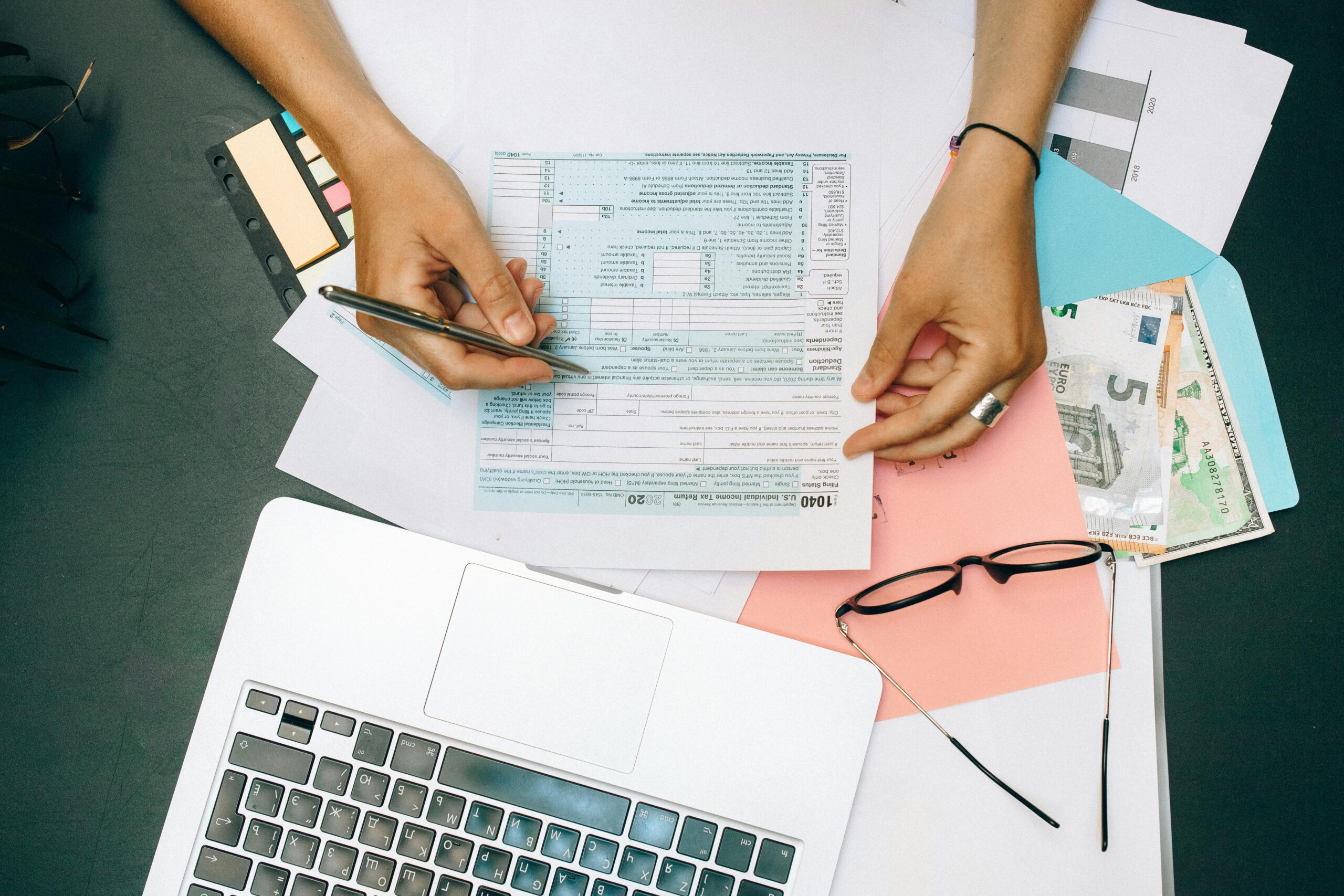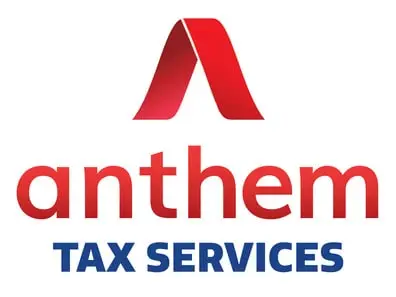See how we can help with an IRS Wage Garnishment
You may be someone who has debts whether it’s related to a car payment, mortgage debt, or credit card debt. It’s ultimately your obligation to pay these off and do so on time. While it can be challenging to keep up and not fun to have to pay these debts down, there are consequences for failing to pay your debt. Soon you may find yourself receiving a wage garnishment.
Find out more about what wage garnishment is, why it happens, and learn more about how do you stop an IRS garnishment.


What is A Wage Garnishment?
The first matter to address is what is wage garnishment and why you should care about it. What happens is that you may end up owing the IRS money at some point. One common method they use to collect your unpaid debt is called wage garnishment. It works by them seizing your wages to offset the debt amount. There are several reasons why your wages would be garnished including unpaid private creditors, unpaid child support, unpaid student loans, and unpaid local, state, and federal taxes.
Reasons it Happens
What you don’t want to do is leave an IRS debt unpaid for too long. The reason being is that once you do, the IRS can and will forcibly remove the funds to pay back the debt via wage garnishment. It’s considered a levy action by the federal government where they can use their powers to lawfully collect any unpaid tax debt. It differs from other collection agencies in that there is no federal court ruling required to begin this process and start collection actions.
You won’t be caught off guard if this happens to you. Instead, you’ll be given plenty of notice and warning that the IRS wants you to pay your tax debts and what will happen if you don’t. You must either appeal for a payment negotiation or respond with full repayment of the debt to not have them come after you and to stop an IRS garnishment. Otherwise, if you ignore the IRS they can file a tax lien against you or your business.
How Do You Stop an IRS Garnishment?
The good news is that there are ways and options on how to stop wage garnishment. Generally speaking, you must face the issue head-on and get the tax debt resolved as soon as possible.
- Pay Off the Tax Debt in Full: One option you have is to pay off the tax debt completely. It will not only include the debt amount but also the interest and any penalties that you’ve incurred during the time your debt remained unpaid. However, this may not be feasible if you don’t have access to funds to pay it off entirely. Therefore, you may want to look into some other tax debt relief resolutions that will help you stop IRS garnishment.
- Set up an Installment Agreement: You may want to use a tax-relief program if you aren’t able to pay off your debts in full. What this means is that you can slowly pay off your tax debts in installments or small payments over the course of up to three years. You are then agreeing to make these payments each month and to do so on time. While there will still be penalties and fees present, the cost of the fees will decrease as you pay down your debts.
- Negotiate with the IRS: Another option and way to stop an IRS garnishment are to negotiate with the IRS to pay less than what you owe. One of the programs the IRS offers is called an Offer In Compromise. You’re essentially working to negotiate with the IRS here so that you can settle your debt and also pay less than the actual total amount that you owe.
- Declare Hardship: If you can’t afford to pay off your debt then you may want to claim tax hardship as a taxpayer. You may qualify for this hardship if paying off your debt means you can’t cover your basic needs. You’ll then be put on the “Currently Not Collectible” so the IRS can’t come after you and try to collect your debt. Keep in mind that this only buys you time and your debt will still remain. Penalties and interest will continue to add up and the IRS will continuously check and confirm that you still qualify for this program as time goes on.
- Declare Bankruptcy: You might also want to consider declaring bankruptcy as you try to figure out a way to stop an IRS garnishment. In some cases, this can be the right solution. A “stay” will go into effect the minute you declare bankruptcy and it will prevent the garnishing of your wages. A bankruptcy court will review your debt and determine if the debt you owe the IRS will be discharged. This is not a viable solution if your debt is associated with child support. However, in other instances, if the court determines your debts will be forgiven then the IRS won’t be able to garnish your wages.
- Seek Professional Tax Relief Help: Finally, you can stop an IRS garnishment by getting professional help for your situation. It is never a good idea to approach complex financial decisions without sound advice from a tax relief team who understands the choices you’re weighing therefore we are here to assist you when it comes to tax debt relief and keeping the IRS out of your life. If you need help filing taxes or are behind on taxes our team of tax professionals can assist you with getting your taxes in order and can help get you back on your feet. Schedule an appointment today by phone or email.

